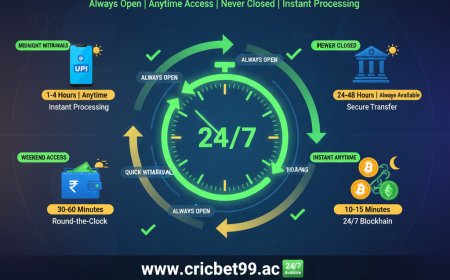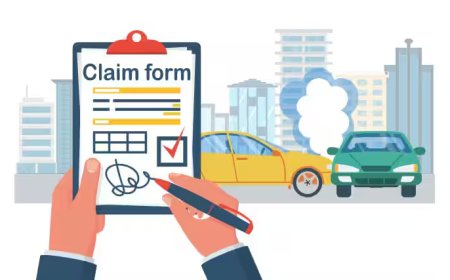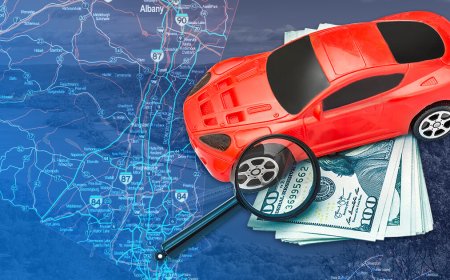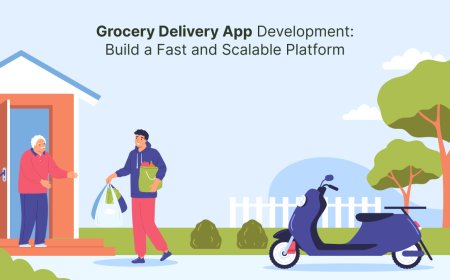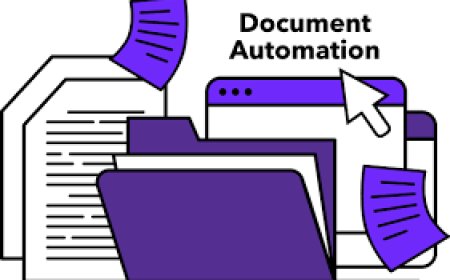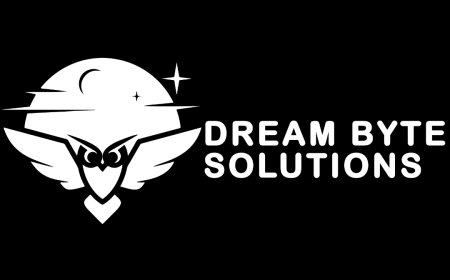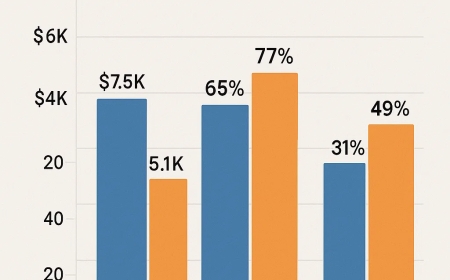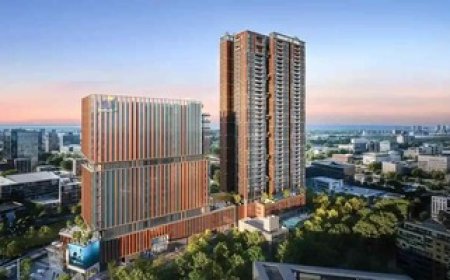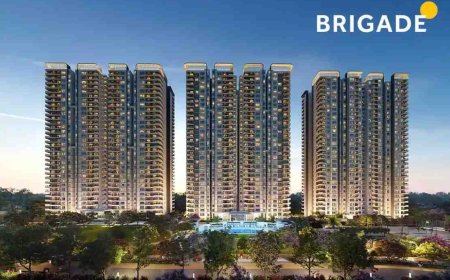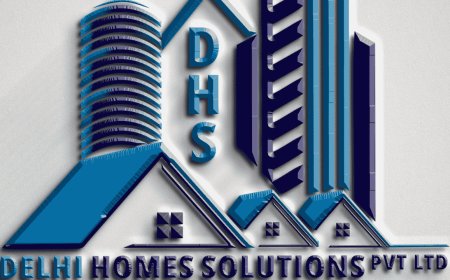Singapore Property Taxes Explained: Buyer’s Stamp Duty and More
Planning to buy property in Singapore? Learn about Buyer’s Stamp Duty, Additional Buyer’s Stamp Duty, and other taxes you must prepare for.
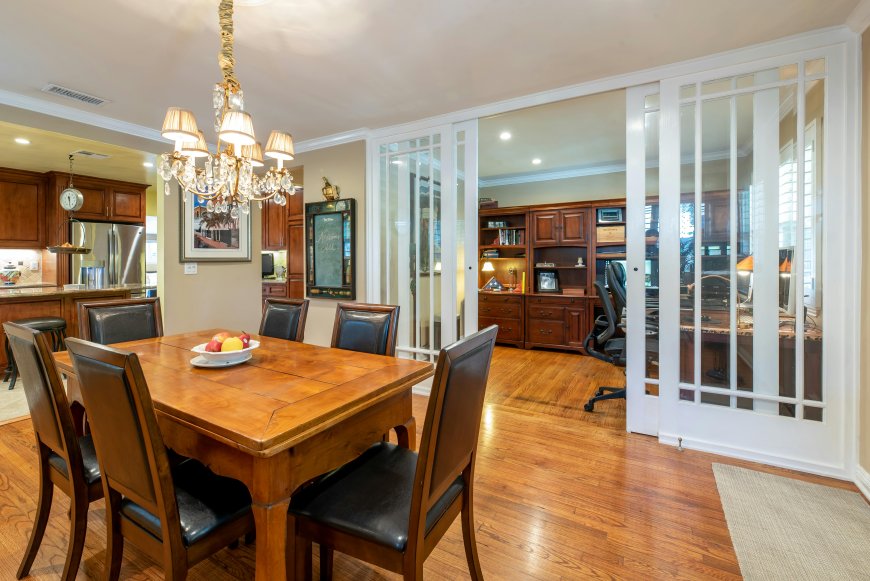
Purchasing property in Singapore isn't just about the down payment and home loan. There are important taxes and fees that every buyer must understand. From the standard Buyers Stamp Duty (BSD) to the more targeted Additional Buyers Stamp Duty (ABSD), these charges can significantly increase the cost of property acquisition. This guide breaks down all the property-related taxes in Singapore so you can plan your budget wisely and avoid surprises.
1. Buyers Stamp Duty (BSD)
What it is:
A mandatory tax payable by all property buyerswhether Singaporean, PR, or foreignerbased on the purchase price or market value, whichever is higher.
BSD Rates (as of 2024):
| Purchase Price | BSD Rate |
|---|---|
| First $180,000 | 1% |
| Next $180,000 | 2% |
| Next $640,000 | 3% |
| Above $1,000,000 | 4% |
| Above $1,500,000 (Residential only) | 5% |
| Above $3,000,000 (Residential only) | 6% |
Example:
If you're buying a condo for $2 million, BSD will be calculated in tiers:
-
1% on first $180,000 = $1,800
-
2% on next $180,000 = $3,600
-
3% on next $640,000 = $19,200
-
4% on remaining $1,000,000 = $40,000
Total BSD = $64,600
2. Additional Buyers Stamp Duty (ABSD)
What it is:
ABSD is an extra tax imposed on certain groups of buyers, especially foreigners, PRs, and Singaporeans buying second or third properties. Its part of cooling measures to control property speculation and keep housing affordable.
ABSD Rates (as of 2024):
| Buyer Profile | First Property | Second Property | Third and More |
|---|---|---|---|
| Singapore Citizens | 0% | 20% | 30% |
| Permanent Residents | 5% | 30% | 35% |
| Foreigners | 60% (all properties) | ||
| Entities / Companies | 65% (all properties) |
Example:
If a Singaporean buys a second private condo for $1.5 million, ABSD would be:
-
20% $1,500,000 = $300,000
This is on top of BSD, making the total stamp duty bill very substantial.
3. Sellers Stamp Duty (SSD)
What it is:
SSD applies if you sell a residential property within 3 years of purchasing it. The shorter the holding period, the higher the tax.
SSD Rates:
| Holding Period | SSD Rate (on selling price) |
|---|---|
| Up to 1 year | 12% |
| More than 1 year to 2 years | 8% |
| More than 2 years to 3 years | 4% |
| More than 3 years | 0% |
Purpose:
To discourage short-term flipping and speculative investment.
4. Property Tax (Annual)
What it is:
An annual tax based on the Annual Value (AV) of your property, as assessed by IRAS.
AV = Estimated annual rental value if property is rented out
Owner-Occupied Tax Rates (2024):
| AV Bracket | Tax Rate |
|---|---|
| First $8,000 | 0% |
| Next $47,000 | 4% to 16% |
| Remaining AV | 16% to 32% (tiered) |
Non-Owner-Occupied (Rented Units):
-
Rates range from 12% to 36% of AV
This tax is recurring every year, so its important for landlords and investors to factor it into their cash flow planning.
5. Legal and Miscellaneous Fees
While not technically taxes, there are additional costs to consider:
-
Legal Fees: For engaging lawyers for conveyancing (~$2,500$3,500)
-
Registration Fees: Paid to SLA for lodging legal documents
-
Valuation Fee: Required by banks before loan approval (~$300$500)
-
Maintenance Fee: Monthly fee for condo upkeep (varies by project)
These may seem minor individually, but they add up to your Total Acquisition Cost.
6. How to Pay These Taxes
All stamp duties (BSD, ABSD, SSD) must be paid via the IRAS e-Stamping portal within 14 days of signing the Option to Purchase (OTP) or Sale and Purchase Agreement.
Modes of Payment:
-
Internet banking
-
CPF (for BSD and ABSD only, subject to CPF approval)
-
NETS or credit card
-
GIRO for recurring tax
Late payment incurs penalties, so timely compliance is essential.
7. Can CPF Be Used for Taxes?
You can use CPF Ordinary Account savings to pay:
-
BSD
-
ABSD (for first residential property)
-
Legal fees
However, CPF cannot be used to pay Sellers Stamp Duty or annual property tax. Also, restrictions apply if the property lease is short or if youre above certain age or income thresholds.
8. Tax Considerations for Foreign Buyers
Foreigners face the highest ABSD rate (60%) and should carefully evaluate whether the property is for:
-
Long-term residence
-
Investment returns
-
Permanent relocation (in which case PR status may reduce ABSD)
Company buyers face 65% ABSD unless exempted under economic schemes.
Conclusion
Understanding property taxes in Singapore is essential to avoid financial shocks during your home-buying journey. From BSD and ABSD to annual property tax and SSD, each fee plays a role in the overall cost of acquisition, ownership, and exit strategy. Buyers should calculate all these charges before committing to a purchase and speak to a conveyancing lawyer or tax consultant when in doubt. A well-planned property purchase is one where taxes are fully accounted for from the start.
Important Links
Discover the Future of Upper Thomson Living at the Thomson View En Bloc Condo Showflat
Discover the Charm of Living at Thomson View Condo
Discover the Charm of Thomson View Condo Showflat
The Impact of Upcoming MRT Lines on Property Prices in Singapore
What First-Time Buyers Should Know About Condo Maintenance Fees in Singapore
Thomson View En Bloc Condo Showflat
Thomson View En Bloc Condo Showflat








&srotate=0)


